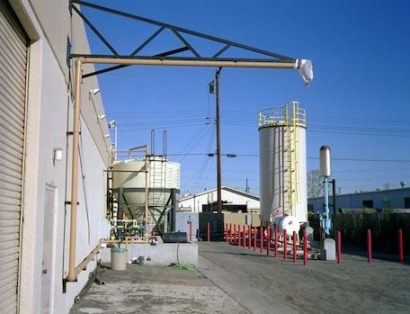
Each organization is the leading advocate for its industry and together, they represent over 900 organizations, the councils said in a joint statement.
"Organic material is a valuable resource and should be treated as such," said Michael Virga, Executive Director of the U.S. Composting Council. "Federal, state and local policy should reflect this fact and facilitate the handling of organic material according to its highest and best use."
Composting and biogas systems both use natural processes which yield a variety of saleable products from the organic materials you feed into them.
Both reduce greenhouse gas emissions, recover valuable soil-nutrients, and reduce the need for additional landfill or incineration capacity. Biogas systems produce a renewable substitute for natural gas, and yields nutrient-rich residuals which can be naturally processed into compost or fertilizer products.
In addition to reducing water pollution, improving soil health, and stimulating plant growth, the organics recycling industry employs more people per ton of material than does landfill disposal or incineration.
However, today, the political and regulatory infrastructures do not support these fundamental, natural, and energy-producing processes that are essential to the economic, environmental, and social needs of a sustainable community.
"We can create thousands of U.S. projects and jobs if as a society, we all get smarter about how to use our food residuals, yard clippings, wastewater sludge and all the organic material we put into our trash every day," said Patrick Serfass, Executive Director of the American Biogas Council. "Three key steps will get us there: educating leaders and citizens about biogas system and composting benefits, leveling the playing field with smart policies and removing unnecessary barriers to project development."
For additional information:

